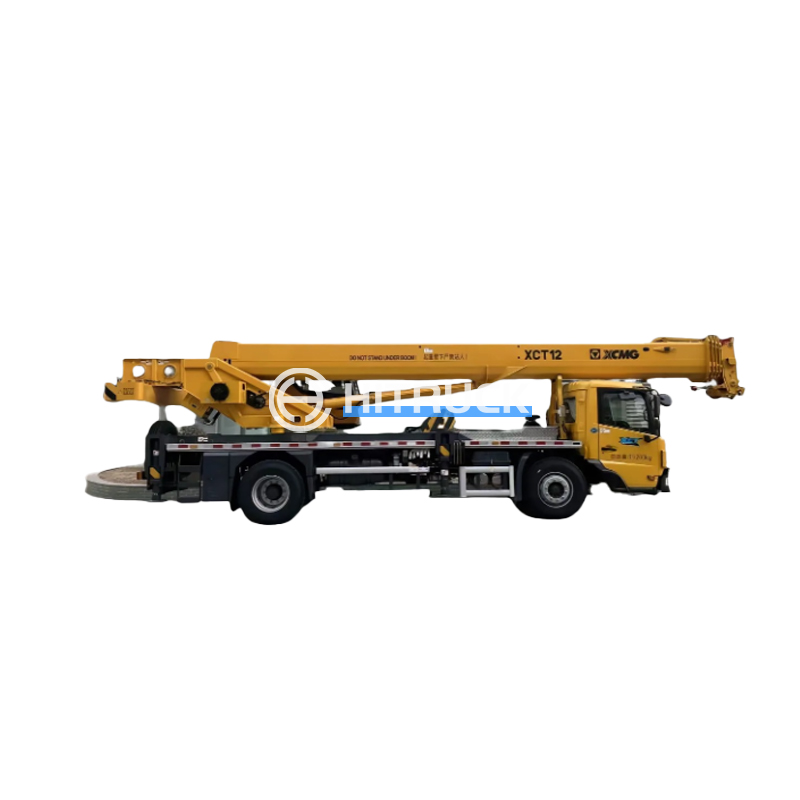This guide provides a comprehensive overview of stainless water trucks, helping you understand their features, benefits, and considerations for selection. We'll cover various aspects from tank materials and capacities to applications and maintenance, ensuring you make an informed decision when purchasing this essential equipment.
Stainless water trucks are preferred for many applications due to their superior corrosion resistance. Unlike traditional steel, stainless steel resists rust and degradation, extending the truck's lifespan and maintaining water quality. This is crucial for transporting potable water, chemicals, and other sensitive liquids. The durability also reduces maintenance costs in the long run.
Stainless water trucks come in a wide range of capacities, from small tankers for localized use to large-capacity vehicles for industrial or municipal purposes. The size you choose will depend on your specific needs and the volume of water you need to transport. Factors such as terrain and access points also impact the choice of truck size.
Different grades of stainless steel offer varying degrees of corrosion resistance and strength. Common grades include 304 and 316 stainless steel. 316 stainless steel offers superior resistance to chloride corrosion, making it ideal for coastal regions or applications involving saltwater. Understanding the specific grade of stainless steel used in the stainless water truck is essential for ensuring longevity and suitability for your application.
Municipalities use stainless water trucks for emergency water distribution, supplementing water systems during outages, or providing water to areas with limited infrastructure. The reliability and water purity provided by stainless steel tankers are crucial in these scenarios.
Industries use stainless water trucks for various purposes, including industrial cleaning, process cooling, and transporting chemicals. The corrosion resistance prevents contamination, ensuring product integrity and safety. Choosing the right grade of stainless steel is critical for compatibility with the transported substances.
In agriculture, stainless water trucks are vital for irrigation, especially in areas with limited water sources. They ensure efficient water delivery to crops and maintain water quality, leading to improved yields and healthier plants. The robust construction handles uneven terrain and frequent use.
Construction and mining sites often rely on stainless water trucks for dust suppression, concrete mixing, and providing potable water to workers. The durability and corrosion resistance are essential for these demanding environments.
When selecting a stainless water truck, consider factors like tank capacity, chassis type, pumping system, and safety features. The chosen truck should meet all relevant safety and regulatory requirements.
| Feature | Consideration |
|---|---|
| Capacity | Determine your daily/weekly water needs. |
| Chassis | Consider terrain and load capacity. |
| Pumping System | Choose a system suitable for your application. |
| Safety Features | Prioritize safety features for operator and public safety. |
Regular maintenance is crucial for extending the lifespan of your stainless water truck. This includes regular cleaning, inspections, and timely repairs. Proper maintenance ensures consistent performance and prevents costly repairs down the line. Consult your manufacturer's guidelines for specific maintenance schedules.
For high-quality stainless water trucks and exceptional service, consider Suizhou Haicang Automobile sales Co., LTD. They offer a wide selection of trucks to suit diverse needs and provide reliable support.
Remember to always prioritize safety and compliance with relevant regulations when operating and maintaining your stainless water truck. Proper care and maintenance will ensure years of reliable service.












